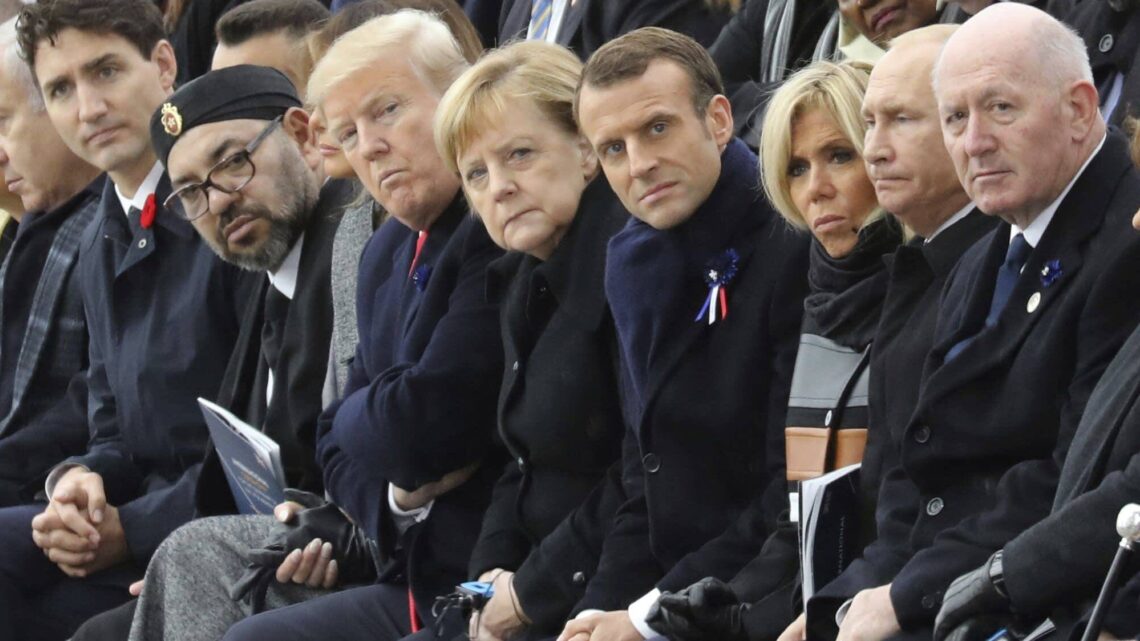The Good Leader Index

Each month, I’ll highlight one national, regional, city, institutional or even business leader who appears to be doing the best job of balancing their domestic and international responsibilities; and one who is doing the opposite.
So it’s based on the same principle as the Good Country Index: the principle I call the Dual Mandate. The Dual Mandate says that in a world facing global challenges like climate change, poverty, migration and conflict, it’s no longer enough if national leaders only think about their own population and their own slice of territory: they must remember that they’re also part of the team that runs the planet.
Putting your own country first without putting everybody else last isn’t as difficult as it sounds: there are many examples to show how learning from and collaborating with other countries can actually produce better policies, not just compromise or self-sacrifice.
Unlike the Good Country Index, the Good Leader Index is an editorial exercise, not a statistical one: it’s an opinion piece which I hope will generate more discussion about what political leadership is really all about in the age of global crisis.
It’s important to emphasise that when I pick a particular leader as the best or worst example of Dual Mandate governance, I’m not making a general comment about their entire life, their entire career, or whether I think they’re a good or bad person. Every leader I highlight for “doing the right thing for the world” has probably done something unhelpful in the past, and may well do so again; the leader whose actions I criticise this month might be singled out for praise next month.
This project would be impossible without the support of Hans van den Berg and his team of brilliant student volunteers from around the world: Adam DiSimine, Bas Jacobs, Damon Lim Wei Da, Daniel Everett, Ginevra Falciani, Jakub Zientala, Julia Blanken, Lukas Bollaert, Nandini Wahi, Nathalie Burduli, Pauline van Andel, Pia Kilian, Robert Riopelle, Tariq Azeez, Tomhas Hardy and Vittoria Ubaldi. The background research and analysis is all to their credit, but any errors or omissions are entirely my responsibility.
Simon Anholt



























